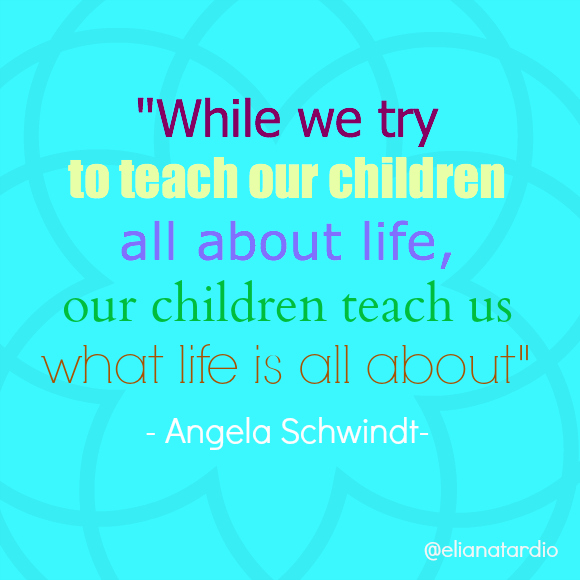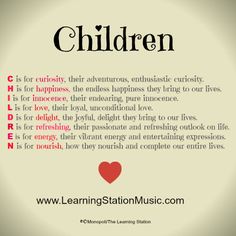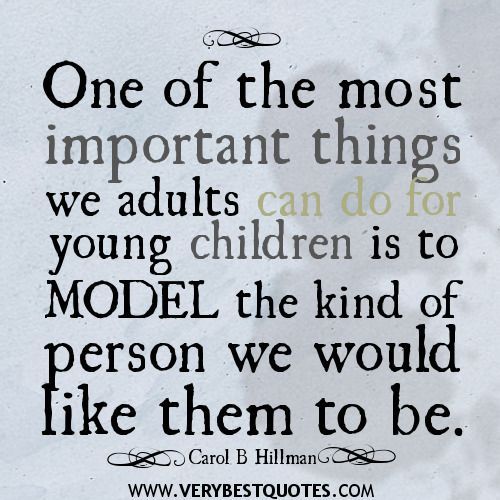- Considering a commitment to viewing young children holistically (i.e., a commitment to “the whole child”), what, if anything, do you believe should be measured or assessed? Explain your reasoning.
Personally, I was never a great test taker. I would study continuously day in and day out, try new ways to take notes (write in different color pens, draw pictures, rewrite my notes), and still draw a blank for 10 mins or so the day of the test. I begin to get nervous, turn cold, and panic. I always thought back about that, and realized that I wasted time that could have been used for the test. Although I would try to relax, and remind myself what happens, I still blank out.
This show exactly how we are all different, and we all learn differently. Sternberg and Gardner did not believe people should be based on IQ (Intelligence Quotient), but rather multiple intelligence” (Berger p.359, 2016). “Although every normal person has some of all nine intelligences, Gardner believes each individual excels in particular ones” (Berger p.359, 2016). For instance, some learn with visuals, where pictures and explanations are laid out in front of them. While others can follow along when someone is trying to explain something like directions or a lay out. Or if a child is not good at writing but better at drawing, they can draw a picture with much detail and explain it to someone and vice versa.
Neither way is wrong or right, it just depends on the person. Therefore, there should be alternatives for children to be assessed, rather than sitting with a piece of paper and pencil for x amount of time.
- In what ways are school-age children assessed in other parts of the world? (Choose a country or region of the world for which you have a personal affinity.)
Around the world, people are using assessments in different ways. For instance:
- Hong Kong assesses by using a “project-based assessment, which require students to apply their knowledge to new problems” (Stewart ¶4, 2017).
- Children in Finland have less school hours during the week, curriculum is not academic based, mandatory exams occur during the ages 17-19 years of age, assessments are used to see a child’s progress, and provide feedback (Lopez ¶7, 2012). Children are also respected, and have high achievements such as becoming doctors, lawyers etc (Lopez ¶6, 2012).
- Australia is in development to making “online assessment platform that will include indices of creativity and critical thinking skills and are experimenting with self- assessment and peer assessment tools as part of their approach” (Stewart ¶5, 2017).
- What additional ideas, comments, suggestions, examples, and/or concerns related to assessing young children would you like to share with your colleagues?
These different approaches sound very interesting because it is the opposite of we do. The U.S. seems to keep adding more assessments, homework, and stress on a child’s shoulder. This does not allow children to discover themselves, what they like, what they are good at or need help in, interact with others, and have a “normal” childhood. I wonder how long it will take Americans to realize that children, especially pre-k children, consider school to not be fun, boring, and not want to come back.
Reference
Berger, K. S. (2016). The developing person through childhood (7th ed.). New York, NY: Worth Publishers.
Lopez, A. 2012, April. How Finnish schools shine. The Guardian. Retrieved from https://www.theguardian.com/teacher-network/teacher-blog/2012/apr/09/finish-school-system
Stewart, V. 2017. Assessing 21st-century skills and competencies around the world. AsiaSociety: Global Cities Education Network. Retrieved from http://asiasociety.org/global-cities-education-network/assessing-21st-century-skills-and-competencies-around-world




